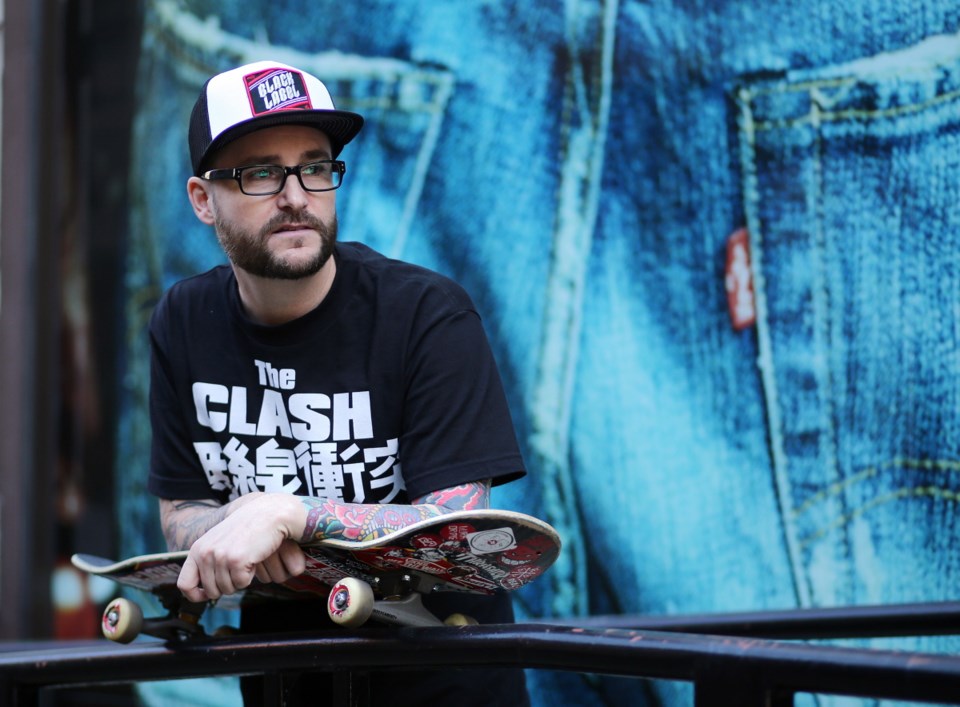Proposed bylaw changes designed to allow skateboarders on downtown streets were sent back for revision Thursday, after several councillors worried they cast too wide a net and were, in some cases, not even practical.
The proposed bylaw carried potential for fines of up to $125 for a number of offences, including riding in a crosswalk or making an illegal left turn.
Coun. Jeremy Loveday said the bylaw as proposed could be used as a harassment tool.
“If [the bylaw] is complaint-driven, that means those complaints can drive these young people to have large fines. These bylaws could be used to persecute young people and harass them. I don’t want those bylaws on the books.”
Loveday said some of the regulations might make sense on busy streets in the city’s core, but not on residential streets.
Staff were asked to reconsider a number of issues, including the requirement for lights and reflectors, the dollar value of the fines, whether they should apply only in the downtown core and whether young children should be exempt.
Skateboarders were banned from the city core in 1991 after merchants complained they were frightening customers. Last March, council decided to allow skateboarders to again use downtown streets, and directed staff to give skateboarding low priority for bylaw enforcement.
Staff this week recommended the city amend its streets and traffic bylaw to formally remove the prohibition against the use of skateboards in the downtown core and eliminate provisions that allow bylaw officers to seize skateboards.
They also suggested users of skateboards and other “human-powered devices” be required to follow the same rules as cyclists — including having lights after dark — and that the city appeal to the province to make helmets mandatory for skateboarders.
Skateboarding on sidewalks would still be illegal.
Jake Warren, whose petition to council prompted councillors to revisit the bylaw, said he was disappointed with the proposed changes.
“What they are doing is strangling or over-regulating skateboarding,” he said. “Most skateboarders I’ve talked to would just prefer it to stay the way it is — with removing the confiscation amendment, of course.”
Coun. Ben Isitt wondered whether the bylaw might force a young child to ride his or her skateboard or scooter on the street instead of on the sidewalk in front of their home.
Still, Coun. Margaret Lucas, general manager of the Hotel Rialto downtown, said exit surveys of guests show an increase in complaints about skateboarders on downtown sidewalks.
“It’s not the No. 1 issue, but it’s certainly creeping up,” she said.
Coun. Pam Madoff said that for the safety provisions to be embraced by the community, they have to be carefully thought out. “I really feel if it’s for visibility, having [lights] on the skateboard is going to be of little or no use and that we really should focus on what other kind of lighting devices would be effective,” she said.
Coun. Geoff Young said “there is a price to be paid” if skateboards are to be considered a legitimate mode of transportation. As a cyclist, he said, he sometimes feels uncomfortable waiting to make a left turn from Douglas Street — hoping that traffic sees him. “Doing that at night, wearing a hoodie, standing on your skateboard is suicidal. We have to have lighting provisions.”



